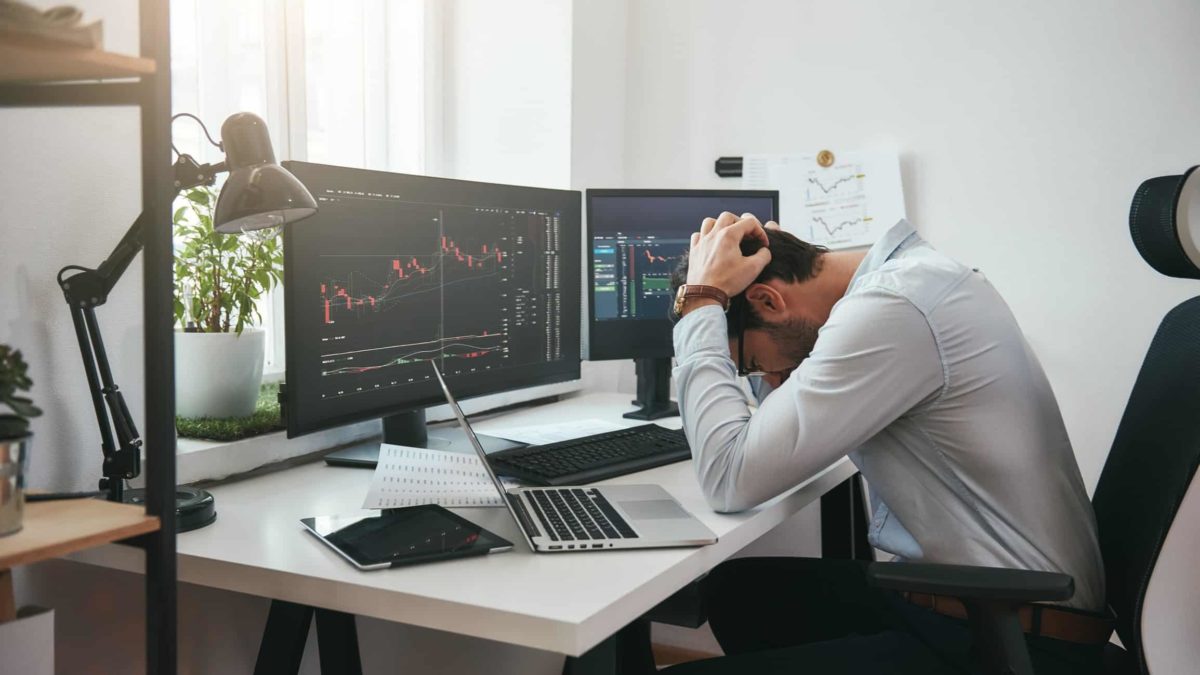The S&P/ASX 200 Index (ASX: XJO) is having another day in the green. After posting a solid day of gains yesterday (2.9%), the ASX 200 initially fell this morning on open before recovering and moving ever higher. At the time of writing, it's sitting at 5,781 points – an impressive 27% above the lows we saw in March.
But with the coronavirus pandemic still wreaking havoc across the economy, many investors are starting to fear another market downturn after such a spectacular return to form for the ASX 200.
So if another market crash does hit the ASX, how should we as investors react? More importantly, which ASX 200 shares should we sell?
The first thing that might come to mind are cyclical shares – those companies that tend to outperform in good times but underperform in bad.
These include financials shares like the ASX banks and asset managers such as Magellan Financial Group Ltd (ASX: MFG) or energy stocks like Woodside Petroleum Limited (ASX: WPL). Organisations involved in the construction industry also tend to be cyclical. These include companies such as Brickworks Limited (ASX: BKW) and Boral Limited (ASX: BLD).
If the markets get choppy, should these companies be on your chopping block?
Should you sell ASX 200 shares in a market crash?
Well, here's where people can be misled by emotion or a false idea of what successful investing is all about. I don't think any company should be sold in a market crash on the grounds that you might lose money in the short-term.
Owning shares means owning shares of businesses, real businesses. These businesses operate within our economy, which is itself a very cyclical environment.
If you are happy owning a company (be it a financial, energy or construction company) during good times, then you should be happy owning it through all economic climates. If you're not, then perhaps you shouldn't have bought in the first place.
One of the greatest investors of all time, Warren Buffett, still owns some shares that he bought 40 or 50 years ago. He once said his favourite time to sell is never.
That's the kind of attitude I think all investors should have.
Yes, by all means, sell a company if you're not happy with the decisions it's making or if it can't execute on its growth plans. Sell a company if is failing and you think it will continue to fail or if its values no longer align with your own. But the time to do this is not in the middle of a market crash – when irrational panic is driving market pricing.
Just remember that old phrase about fixing a leaky roof when the sun is shining!








